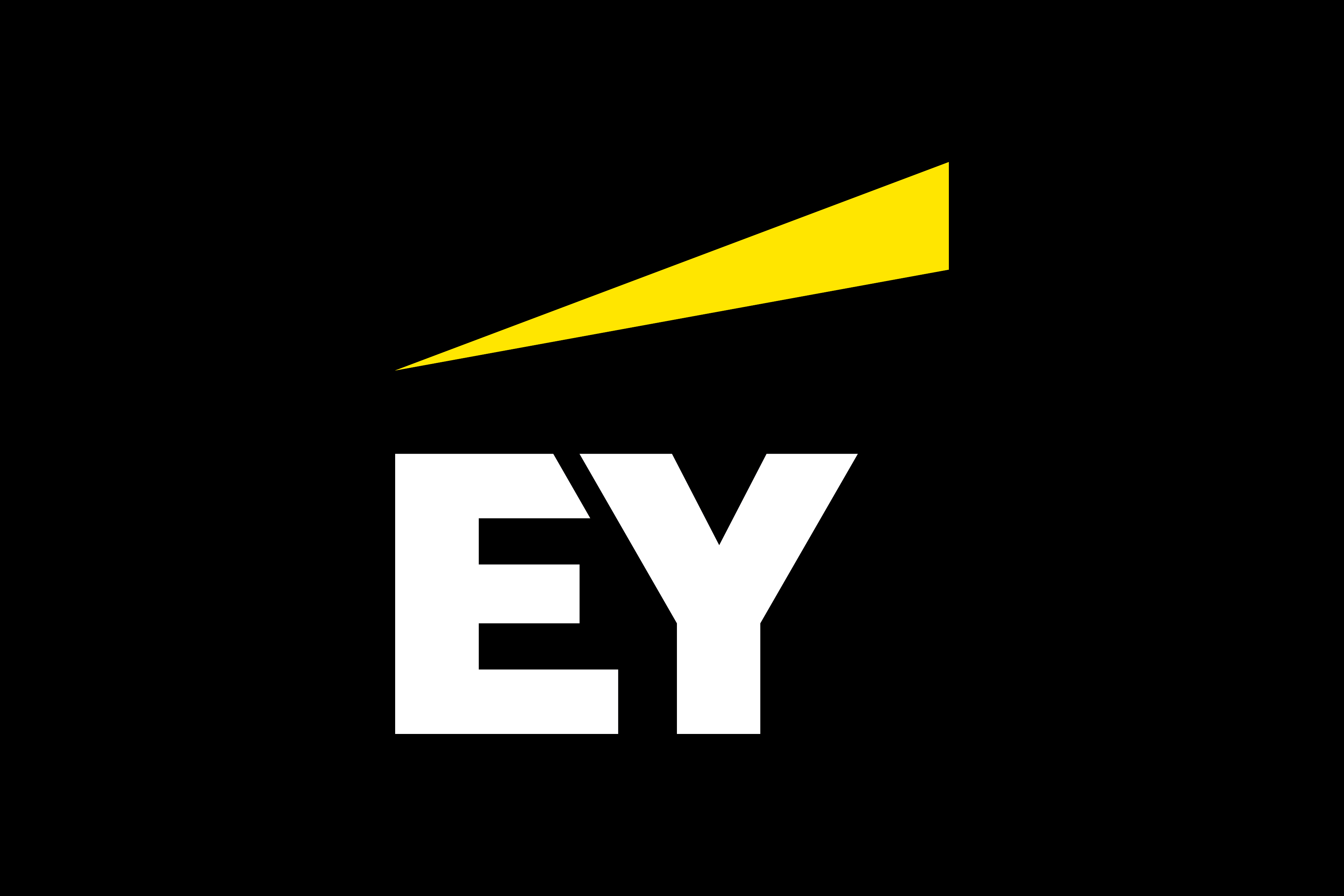EY refers to the global organization, and may refer to one or more, of the member firms of Ernst & Young Global Limited, each of which is a separate legal entity. Ernst & Young Global Limited, a UK company limited by guarantee, does not provide services to clients.
How EY can help
-
Through enhanced corporate reporting, EY can support finance teams to meet demands for high-quality enhanced financial and nonfinancial information.
Read more
Due diligence and sustainability
In March 2024, the European Council approved the Corporate Sustainability Due Diligence Directive (CSDDD), which aims to anchor human rights and environmental considerations in companies’ operations and corporate governance. The directive takes a risk-based approach and applies to large European companies and to non-European companies with significant turnover in the EU.
Addressing the conference by video, Didier Reynders, the European Commissioner for Justice, said the directive sets out “a binding legal framework to identify, prevent, mitigate and stop adverse impacts on human rights and the environment in own operations, the operations of subsidiaries and the operations carried out by business partners in companies’ chains of activities.”
He added that the European Commission expects the directive to help promote a new global standard concerning the environment and human rights and have “a significant net positive economic impact, both in Europe and in our trading partners’ countries”.
Barbara Cooreman, Program Lead Responsible Sourcing, at circular materials company Umicore, explained how her company approaches value chain due diligence in relation to the production of battery materials. The company’s due diligence journey began in 2004 when it decided to start screening its suppliers to avoid sourcing cobalt from illegal artisanal and small-scale miners in the Democratic Republic of the Congo. This was among others due to safety risks and the high risk of child labor being used.
Umicore has since developed a sustainable procurement framework for cobalt that covers a broad range of ESG risks and it screens every actor in its supply chain for country risk, supplier risk and material-specific risk. This screening is informed by on-the-ground intelligence and assessments, as well as reports from peers, NGOs and the media. “When risks are identified, engagement with suppliers to improve the situation is a crucial element of mitigating negative impact. Doing due diligence properly requires a lot of effort and comes at a cost for companies,” Cooreman said.
Sustainability is now expected to be the norm for European companies, which means they cannot claim a “green premium”. Nevertheless, their customers expect them to compete on price with companies in other markets that have lower social and environmental standards. Cooreman said the challenge facing European companies is how they create value out of having high standards of due diligence and ESG.
Discussion at the conference emphasized that due diligence should not be a “box-ticking exercise” on the part of companies. Instead, companies should use it as an opportunity to drive positive change through engagement with their suppliers. It is also an opportunity for them to be more transparent with their stakeholders and to understand the issues on the ground affecting their suppliers.
There is some uncertainty around how the CSDDD will affect businesses, and whether it will have all the desired positive effect when it comes to driving sustainability behaviors, said Maria Larsson, Chair of the Company Law Working Group for BusinessEurope. Businesses want rules that are reasonable and proportionate and can be applied in practice. They want liability and sanctions to be reasonable as well. So, they are concerned by the possibility of being fined up to 5% of net turnover for non-compliance with the CSDDD. They also believe that it will be challenging to carry out the risk assessment that will enable them to prioritize their most significant environmental and human rights risks. Larsson emphasized that when the directive is transposed into national law, authorities should support companies to take meaningful action and recognize efforts rather than only focus on mistakes made.
Over half (54%) of audience members who responded to a poll at the conference thought the CSDDD would significantly impact how businesses operate within and beyond Europe by posing potential challenges. Nearly a fifth (17%) were more optimistic, however, believing that the directive would have a significant positive impact.
Dan Dionisie, Head of the Company Law Unit, DG JUST, at the European Commission, specifically addressed what he described as some “myths” associated with the CSDDD. The directive is not bad for business, he argued. On the contrary, sustainability makes business sense. Additionally, it is better to have an EU-wide regime that creates a level playing field rather than different due diligence regimes in different member states, and the directive does not only apply to EU companies, but also to non-EU companies that do significant business in the EU. He also said the directive was not unduly cumbersome, was beneficial to the agricultural sector in the EU, and included support and protection for SMEs. Furthermore, the CSRD reporting requirements that are already in place will make it easier for the companies in scope to carry out their due diligence.
Catherine Clark, from Aviva Investors’ Sustainable Finance Centre for Excellence, said the CSDDD is helping to raising the bar when it comes to corporate due diligence and making it easier to fund the transition to a more sustainable economy. She said Aviva Investors wants to support companies that are already doing due diligence well and nudge others to raise their game. “We believe it’s important to have these high standards, full stop,” she said. Clark added that due diligence is also about managing risk from an investment perspective, saying: “There is information and data that we will be able to draw through the CSDDD process – that we haven't currently got for the companies – that tell us what's happening on the ground. That sort of information could help investors like us to make better informed decisions.”
Barry Andrews, Member of the European Parliament, acknowledged that many people in the business world believe that the EU is going too far with CSDDD. He argued, however, that citizens want the legislation, as do many businesses. The legislation is also key to the success of the European Green Deal. “If we are to hit our targets under the Green Deal, we will need to ensure that companies are not just exporting their environmental damage,” he said. “This directive is a chance to ensure that Europe stays at the front of its climate ambitions.”
Sustainability reporting and assurance: audit committee perspective
Audit committees are providing critical governance around sustainability reporting and supporting their companies to comply with the CSRD. They can help to assess whether the organization has sufficiently high-quality data, as well as the necessary resources to produce the reporting. They can also consider the important connections between the financial and non-financial statements.
“We should not underestimate the impact of climate risk in the financial statements, especially when it comes to understanding projections of cash flows when performing impairment assessment” said Jeanne Boillet, EY Global Accounts Committee Assurance Lead. “That’s where you need to understand the business model and how this business model is going to be impacted by climate risk moving forward.”
Another important consideration for audit committees is the double materiality assessment, which can help organizations to rethink their approach to risk. Risk should be considered in the context of the organization’s overall strategy and business model, so that the organization aligns behind the key issues that need to be addressed.
Pascal Chalvon Demersay, former Chief Sustainability Officer of chemical company Solvay, shared some key lessons from Solvay’s experiences of producing sustainability reporting to date, and having that information audited. The first lesson was that reporting and auditing in the extra-financial world is very different from reporting in the financial world due to difficulties with collecting data and an absence of documentation among other challenges.
The second lesson relates to scope since extra-financial reporting needs to consider the company’s whole value chain. Thirdly, with financial reporting, companies are not expected to plan ahead to the same extent as with extra-financial reporting. Finally, it is essential that boards receive proper training on sustainability and its associated language.
Sustainability reporting requires continuous improvement in terms of governance, policies and internal controls, Chalvon Demersay said. He added that it was important for companies to be sincere about their progress against their sustainability targets and that he had never seen Solvay receive negative feedback because it had declared weaknesses on its sustainability journey. “We have the right not to be perfect,” he said, “provided we explain what we’re doing.”
To provide constructive challenge around sustainability reporting, audit committees are needing to develop new skills. In some cases, they are looking to recruit new members with specialist expertise. Audit committees are also devoting time to discussing sustainability reporting and liaising with their company’s sustainability committee where one exists. Whereas the sustainability committee is focused on strategy and setting key performance indicators (KPIs), audit committees are aiming to ensure that there is a robust reporting process behind the KPIs. In future, AI tools may be useful for automating data collection processes for reporting, including processes for collecting data from third parties.
Some audit committees are uncomfortable that their auditors are only providing limited assurance, and not reasonable assurance, on reported sustainability information. In reality, however, companies are not yet ready for reasonable assurance on non-financial information. For the audit profession, sustainability reporting is an opportunity for auditors to showcase new skills and expertise. It may also help them to attract talent into the profession – new generations who are seeking purposeful work.
While companies today are focusing more on sustainability than they did in the past, progress is not happening at the rate needed to address some of the major social and environmental challenges facing the world. Yet the reality is that companies are at different stages of their sustainability journey. While some companies see sustainability as primarily a compliance exercise and are not being as ambitious as they could be, others are fully embracing it and integrating it into their investment strategies.
Remuneration can be used successfully to incentivize management to achieve sustainability targets. Nevertheless, it is important that incentives do not solely relate to the environment. Incentives should also relate to issues such as employee wellbeing and the gender pay gap.
For companies, the cost of doing nothing on sustainability is huge – in terms of their competitiveness, operations, reputation and relationships with their stakeholders. In their leadership capacity, boards and audit committees can help to ensure that their companies take purposeful action on sustainability and that what gets measured gets managed. Mercedes Sanchez Varela, Director of Climate Governance at climate forum Chapter Zero Brussels, told the conference: “Governance is going to be your North Star.”
The views of third parties set out in this publication are not necessarily the views of the global EY organization or its member firms. Moreover, they should be seen in the context of the time they were made.







